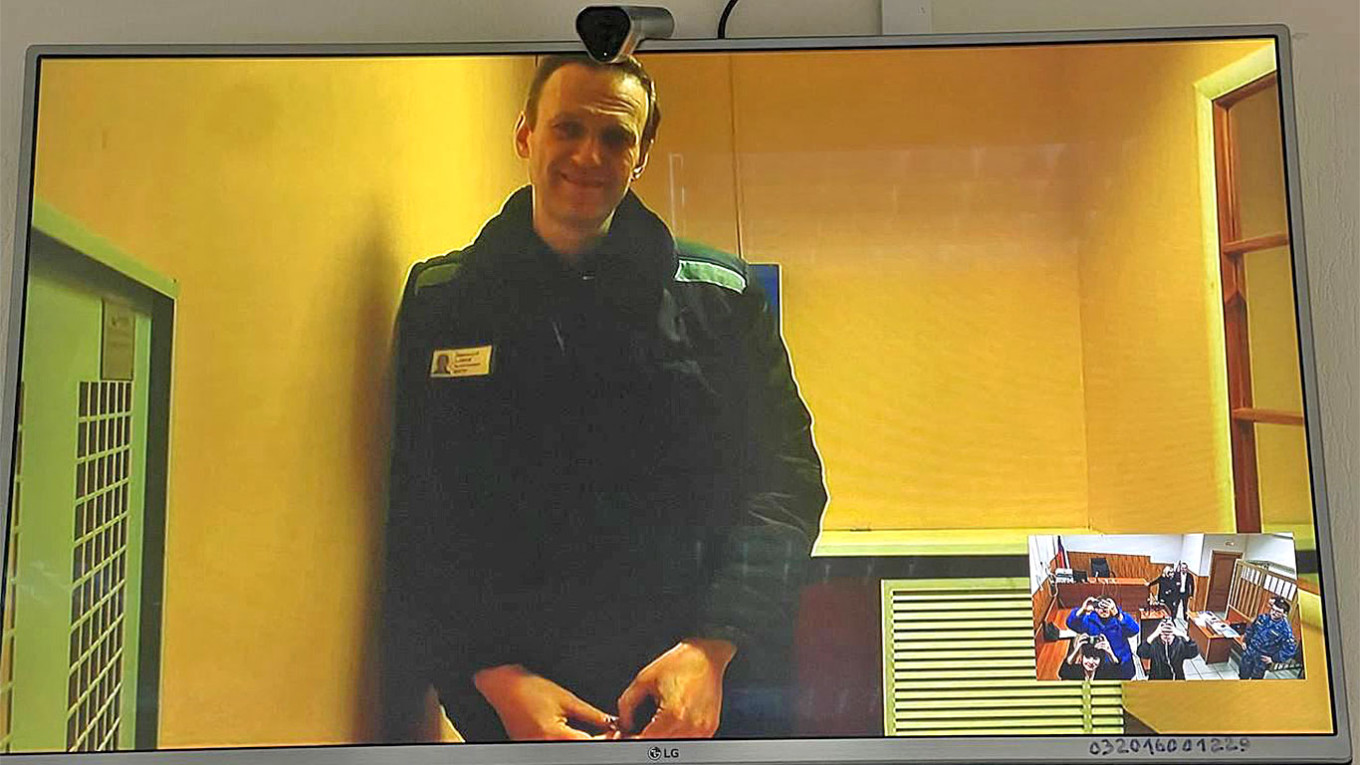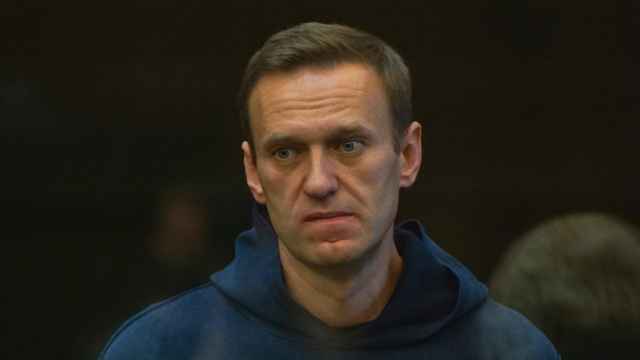Jailed Kremlin critic Alexei Navalny has submitted more than 50 official complaints to Russia’s human rights commissioner Tatiana Moskalkova during his year-long incarceration, the state-run TASS news agency reported Monday.
“Of the more than 50 appeals that we received — none of them was ignored, each was investigated by the prosecutor's office, the leadership of the Federal Penitentiary Service," Moskalkova told TASS.
"Navalny, like any other person in his position, having been convicted, must have a full package of rights: conditions of detention, access to a lawyer, the opportunity to work.”
Moskalkova did not mention the outcome of any of Navalny’s complaints, however.
The commissioner made her comments following the European Union’s decision to include her in its latest sanctions packet, which it finalized on Friday to coincide with the first anniversary of the Russian invasion of Ukraine. Moskalkova was sanctioned for publicly denying that Ukrainians had been forcibly deported to Russia from Russian-occupied areas of Ukraine, the EU said when it announced the full list of those being sanctioned.
Moskalkova also complained she had received letters from Western institutions demanding to know why she was doing nothing to defend Navalny, to oppose Russian aggression in Ukraine, or to push back against the Kremlin in any way.
Moskalkova said she regarded such letters as an "attack on freedom of conscience."
Navalny, who is serving a nine-year prison sentence on charges that were widely seen as politically motivated, has been sent to solitary confinement for the most minor transgressions, causing his health to deteriorate and for him to lose a dangerous amount of weight.
He has called his alleged victimization by the prison authorities an attempt to silence his continued activism from behind bars.
On Jan. 25, Navalny was ordered back into an isolation cell for the 11th time since his prison sentence began in March, according to press secretary Kira Yarmysh.
The opposition politician has frequently condemned his treatment at the hands of prison staff, having been forced to spend weeks at a time in cramped solitary confinement cells and no longer being allowed to receive visits from his family.
A Message from The Moscow Times:
Dear readers,
We are facing unprecedented challenges. Russia's Prosecutor General's Office has designated The Moscow Times as an "undesirable" organization, criminalizing our work and putting our staff at risk of prosecution. This follows our earlier unjust labeling as a "foreign agent."
These actions are direct attempts to silence independent journalism in Russia. The authorities claim our work "discredits the decisions of the Russian leadership." We see things differently: we strive to provide accurate, unbiased reporting on Russia.
We, the journalists of The Moscow Times, refuse to be silenced. But to continue our work, we need your help.
Your support, no matter how small, makes a world of difference. If you can, please support us monthly starting from just $2. It's quick to set up, and every contribution makes a significant impact.
By supporting The Moscow Times, you're defending open, independent journalism in the face of repression. Thank you for standing with us.
Remind me later.






